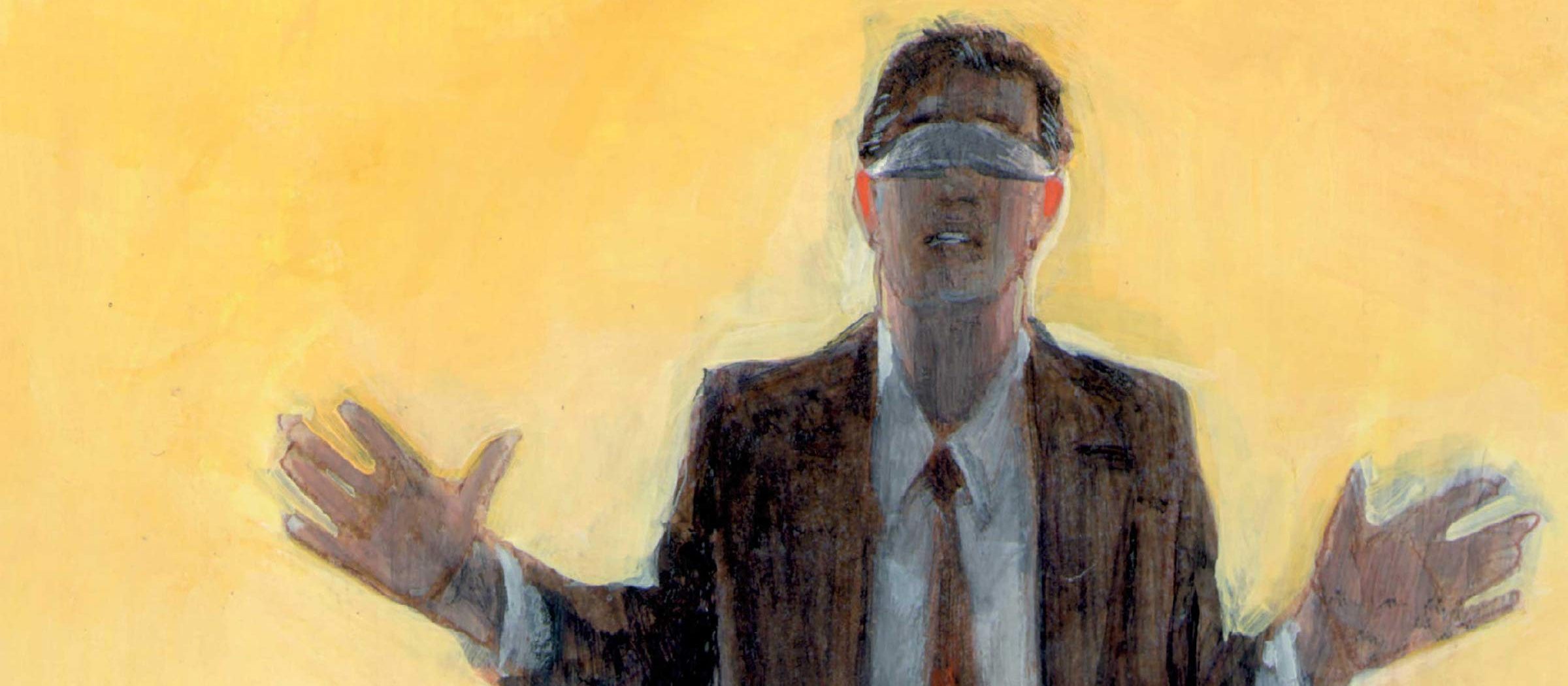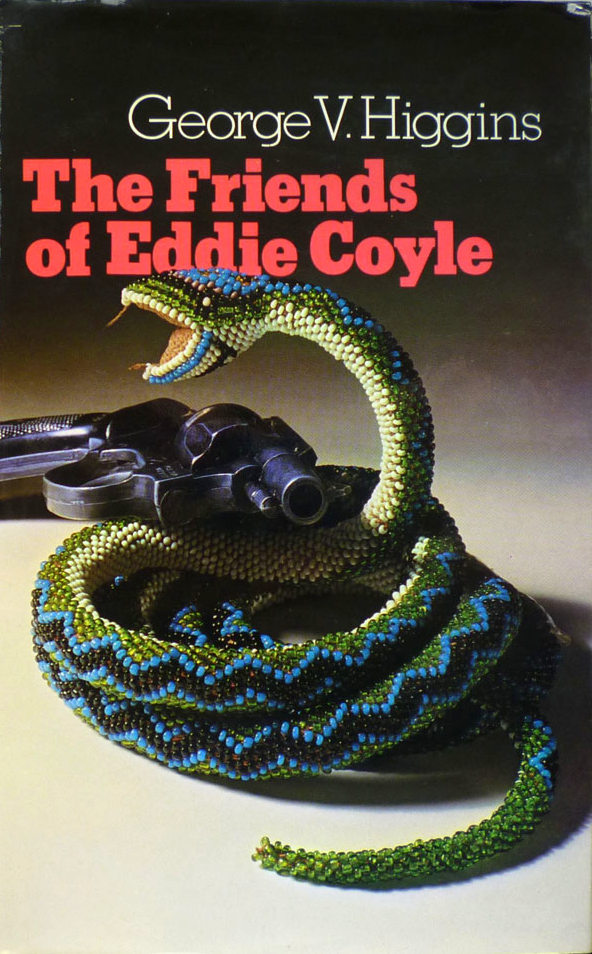

“I bought some stuff from a man that I had his name.”
George V. Higgins was a true multi-hyphenate—a newspaper columnist, a professor, a lawyer. He was Assistant U.S. Attorney in Massachusetts, wrote for The Boston Globe and the Wall Street Journal, and lectured at Boston College and Boston University. He spent years in different governmental positions combating organized crime. That’s several lifetimes worth of stuff to do already, but on top of that he also took to writing crime fiction—a hobby that he was perfectly suited for considering he had his finger on the pulse of the criminal underworld. He had dreamed of being an author from an early age and since the age of fifteen had been submitting novels to publishers. All of them were rejected. It wasn’t until he was twice that age that all the pieces clicked into place for him.
Working as a federal prosecutor he was surrounded by the language of crime—transcripts of trials, hearings, testimonies, police reports, interrogations, and wiretaps. He developed a rough style that rejected the well-spoken scripted language of more popular crime thrillers and emphasized the unfiltered mutterings of the low-level gangsters and habitual jailbirds. They talked in code, stumbled over highfalutin words, talked themselves around in circles, and often failed to do anything other than pass the time with idle conversation. In his official debut, The Friends of Eddie Coyle, Higgins absolutely nails the artful construction of naturalistic conversation. His deliberately chunky prose issuing from the mouths of bozos and trigger-happy goons is a unique achievement, evoking in the reader the feeling that they’re listening in through a hidden microphone planted strategically in a car or under a bar as criminals converse in their native language.
I spent my whole life sitting around in one crummy joint after another with a bunch of punks like you, drinking coffee, eating hash, and watching other people take off for Florida while I got to sweat how the hell I’m going to pay the plumber next week.
The plot is not sophisticated at all. Eddie Coyle is a small-time gunrunner who is long past his prime at the age of forty-five; a small, discarded cog in the machine of the Boston crime syndicate. His life is grim. He’s got a nagging wife and an extra set of knuckles on his left hand from when it was smashed in a dresser drawer—his punishment for a costly error. He’s never scored big but he’s been pinned with a slew of minor offenses. He’s awaiting sentencing after being convicted of driving a hijacked truck full of booze, his instincts and memories preventing him from squealing on his superiors. His only chance is to convince an ATF agent to put in a good word for him in exchange for becoming an informant. He rats out the young Jackie Brown, who he’s just done a gun deal with. The feds pick up the bank robbers who received the shipments of firearms from the deal and Jackie as well—and everyone knows who ratted them out.
But the arc of Eddie’s story is almost inconsequential. Rather, it is the prominence of a diverse cast of voices that is Higgins’ true accomplishment. Indeed, I read this book while on vacation and now that I’ve sat down to write about it, the details of the plot have faded somewhat, but I recall conversations about how making a grilled cheese is a form of art (use mayonnaise instead of butter but don’t overcook it), the flatulence-inducing properties of excessive egg consumption, popular music, attractive celebrities, sports, weather, etc. And crime too. Higgins smoothly allows his characters to narrate almost the entire book, often skipping action scenes and then relaying the events through recollection from the mouth of a witness. Backstories are relayed verbally too. And it should be noted that although Higgins was himself involved in fighting crime, he doesn’t hold law enforcement personnel or elected officials in especially high esteem.
A day’s work and all they got to worry about now is the Effa-Bee-Eye. You’ll be trotting the garbage from now until Easter, they’ll be getting a tan on the beach at Antigua, and I’ll be beating the bushes with snow to my jock until Washington’s Birthday, tracking down housewives who pay ten bucks for six ounces of Lipton Tea and two ounces of bad grass.
Higgins rarely inserts his own narrative voice—the only instance I can recall was an unnecessary diversion about a memory of a stalemate with a rattlesnake. He also doesn’t sensationalize his violence or offer up gripping suspense. He avoids dressing up anything that’s not the voices of his characters because those voices are what he’s interested in presenting. If the violence is treated nonchalantly by his characters that’s because it’s the way he heard real criminals talk about it. And while their language is sloppy and rambling, they speak in a mannered fashion that reveals certain patterns. Their speech isn’t proper, but it’s definitely following a code. It’s in the details of this loopy speaking style that Higgins finds his stride, characters bending each other’s ears with rangy tangents, luxuriating in creatively extending the thread of a conversation which often begins and ends outside the bounds of the written chapter.
The Friends of Eddie Coyle was a huge influence on Elmore Leonard, who considered it the best crime novel ever written. I haven’t read enough of them to make that judgement, but it has certainly influenced many subsequent writers of both novels and movies and for that it deserves recognition.